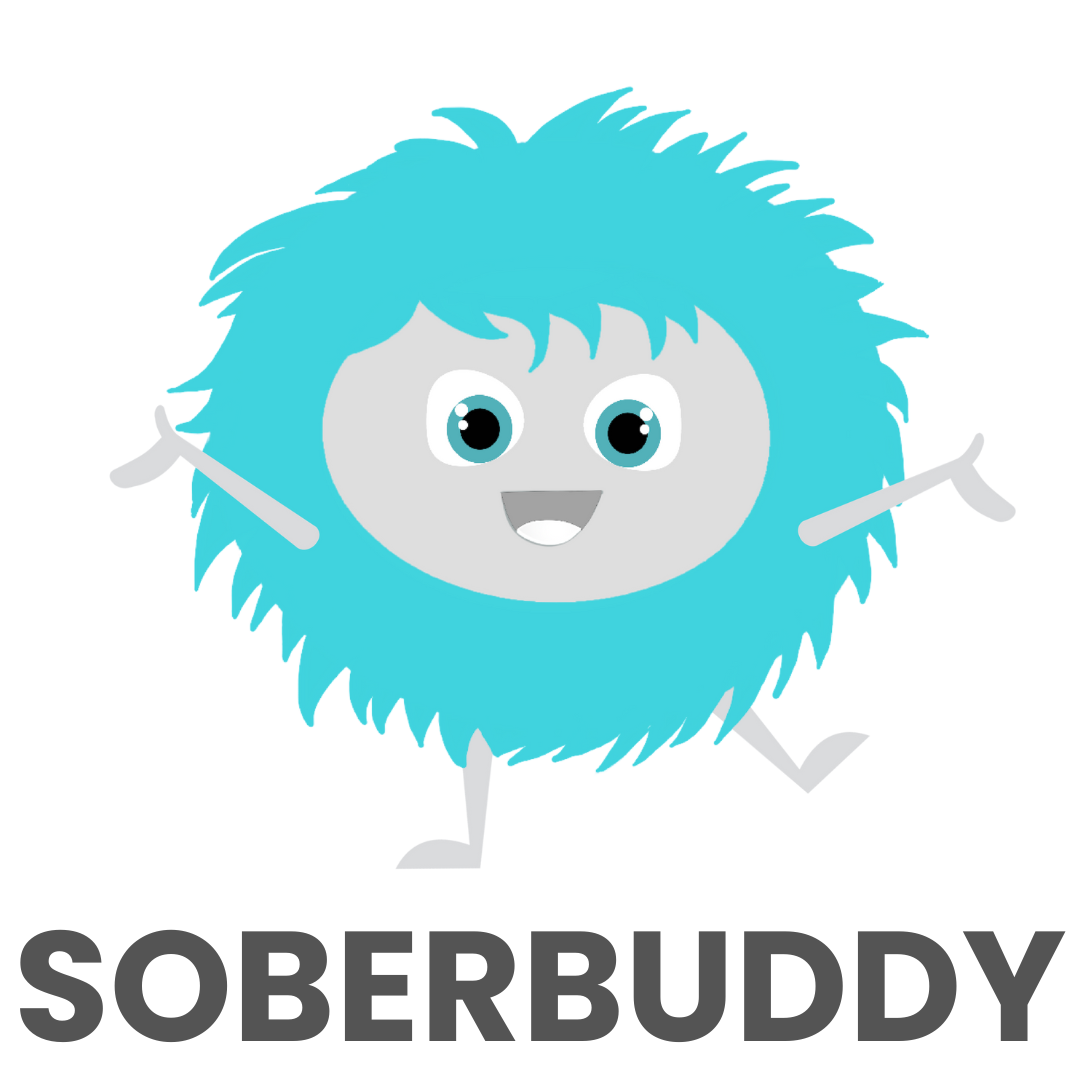When you’re thinking about quitting drugs or alcohol, the thought of withdrawal can be daunting. Knowing what to expect can help you prepare for what you’re about to go through, and give you the tools to make an action plan.
To help you stick to your plan, it’s important to give yourself a really good reason for quitting and to keep that reason in front of you during your withdrawal. BuddyMail will take you through a series of challenges to help you come up with a reason, but at the very least, we recommend making a “pros and cons of using” list.
The symptoms of drug and alcohol withdrawal will be different for each person. It all depends on:
- Which drugs you are taking
- How long, how much, and in what way (injection, snorting, smoking, swallowing)
- Family history
- Additional medical and mental health factors.
For example: If you have been taking something for a long time in large doses with a family history of abuse and an underlying mental health disorder, it’s best to prepare for your withdrawal symptoms to last on the the longer end of the spectrum and to be more severe.
Here’s an overview of withdrawal symptoms for the different substances:
Heroin
Withdrawal starts within 12 hours of the last dose, peaks at 24-48 hours, and lasts about a week.
Mild Symptoms
- Nausea
- Stomach cramps
- Tearing up
- Runny nose
- Sweating
- Getting the chills
- Yawning a lot
- Muscle and bone aches
Moderate Symptoms
- Vomiting
- Fatigue
- Diarrhea
- Goose bumps
- Agitation
- Trouble concentrating
- Restlessness
- Tremors
Severe Symptoms
- Drug cravings
- Anxiety
- Difficulty feeling pleasure
- Insomnia
- Muscle spasms
- Depression
- Rapid heart rate
- High blood pressure
It’s important to note that medical detox is an option for managing withdrawal symptoms from heroin and opioid use, which means there are medications you can take that will help you manage withdrawal symptoms. Also, it is highly recommended that you detox from heroin and prescription opioids under the supervision of a doctor whether or not you’re using medication, as heroin withdrawal can be dangerous. You can find local resources here: https://findtreatment.samhsa.gov/
Prescription Opioids
Prescription opioids include pain medications like Vicodin, OxyContin, methadone, and morphine.
Withdrawal usually starts 8-12 hours after last dose and peaks in 24-48 hours. The effects can last 5-10 days. Methadone is a little different, with withdrawal starting 24-48 hours after the last dose, peaking in the first few days, and lasting 2-4 weeks.
Early Symptoms
If you’re taking short-acting opiates, expect them to start in the first 6-12 hours. If you’re taking long-acting opiates, these will start within the first 30 hours.
- Fever
- Tearing up
- High blood pressure
- Achy muscles
- Heart racing
- Feeling agitated
- Sweating
- Having trouble falling asleep and staying asleep
- A lot of yawning
- Runny nose
Late Symptoms
These symptoms will peak at around 72 hours and will last about a week, sometimes longer for more severe cases.
- Drug cravings
- Nausea and vomiting
- Depression
- Getting goosebumps
- Stomach cramps
- Depression
Benzodiazepines or “benzos”
Benzodiazepines include medications like Xanax, Valium, Klonopin, and Ativan.
Withdrawal usually starts 1-4 days after last dose taken and peaks in the first two weeks. In some cases, you can experience long-lasting withdrawal symptoms that go on for months or even years – if you don’t receive treatment. Tapering off of benzos under the supervision of a medical detox-team is much safer than quitting cold-turkey.
Warning: Benzodiazepines withdrawal can be fatal without professional assistance. You will need your vital signs to be monitored during withdrawal.
Moderate Symptoms
- Headaches
- Blurred vision
- Paranoia
- Panic attacks
- Irritability
- Trouble sleeping
- High blood pressure
- Muscle pain
- Tremors
- Anxiety
- Diarrhea
- Sweating
- Numb Fingers
- Sensitivity to light and sound
- Loss of appetite
- Insomnia
- Heart Palpitations
Severe Symptoms
- Delirium
- Hallucinations
- Fever
- Seizures (grand mal seizures can lead to coma or death)
Cocaine
Withdrawal usually starts within hours of the last dose, peaks in the first coupe of days, and lasts from a week to 10 days. Withdrawal from cocaine is not considered life-threatening, and has largely emotional and physical symptoms that are the opposite of using. There are typically three stages of withdrawal.
Crash Period
- Lasts 9 hours – 4 days
- Lots of sleeping
- An increase in appetite
- Depressions
- Agitation
Acute Withdrawal
- Lasts 1-3 weeks
- Irritability
- Fatigue
- Depression
- Insomnia
- Anxiety
- Drug cravings
Extinction Period
- May last several months
- Cocaine cravings
- Depressed moods
- Potential suicidal thoughts
- Irritability
- Confusion
Crystal Meth
Withdrawal usually starts within 24 hours of the last dose taken, peaks in 7-10 days, and lasts 14-20 days. Withdrawal from meth is not considered life-threatening, unless the individual becomes emotionally unstable and tries to self-harm.
Symptoms
- Fatigue
- Lethargy
- Sleeping a lot
- Increased appetite
- Dry mouth
- Jitteriness
- Depression, possibly severe
- Intense cravings
- Paranoia
- Hallucinations
- Delusions
- Irritability
- Confusion
Alcohol
The severity of alcohol dependency varies based on how much an individual drinks and how long they’ve been doing it. In severe cases, withdrawal without medical supervision can lead to death.
Moderate Side Effects
- Anxiety
- Insomnia
- Headache
- Nausea and vomiting
- Irritability
- Fatigue
- Trouble concentrating or thinking clearly
- Muscle aches
- Loss of appetite
- Clammy skin
- Dizziness
- Shakiness
- Mood swings
- Nightmares
- Elevated heart rate
- Tremors
- Sweating
- Loss of color in the face
- Dehydration
- Shallow breathing
- Depression
Severe Side Effects
- Delirium tremens (DTs) – can be fatal without medical interventions
- Seizures
- Fever
- Severe confusion
- Agitation
- Hallucinations
- Delirium – may signify DT
Don’t Go it Alone
Many factors play into how your withdrawal experience will go, so it’s best to go through it with as much support as possible. BuddyMail and BuddyText are great support, and so are loved ones, treatment centers, support groups, and hospitals.

